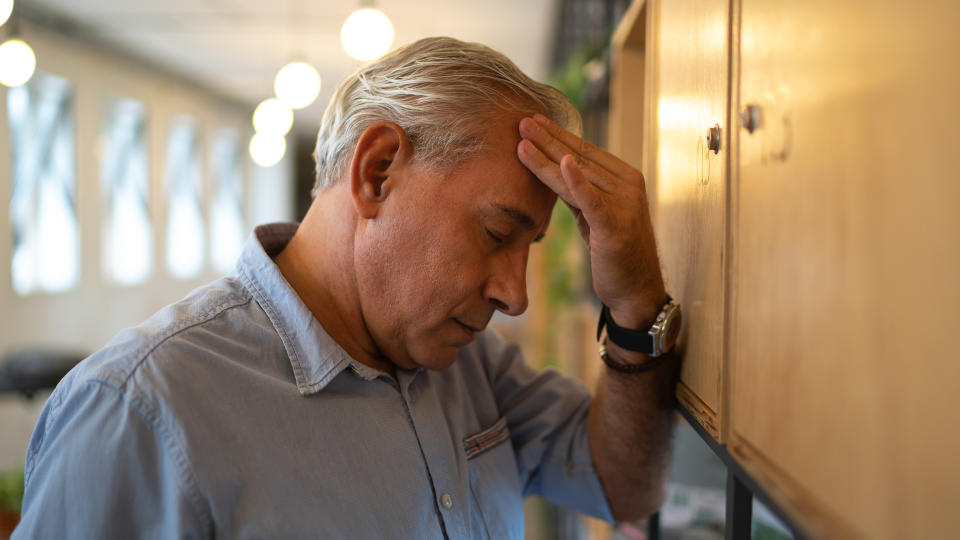Many people embrace frugal habits to save money and meet their financial goals. They might meal prep and cook at home to cut back on dining out costs or seek out ways to clip coupons or stick to driving a reliable used car. Even some of the world’s richest people are known for their frugality, like Facebook co-founder Mark Zuckerberg and legendary investor Warren Buffett.
I’m a Self-Made Millionaire: Here Are 3 Things I Never Waste Money On
Learn More: What To Do If You Owe Back Taxes to the IRS
Not every frugal habit is worth it though. GOBankingRates spoke to two self-made millionaires about the frugal habits they tried out and found didn’t align with their personal values. See which three frugal habits these self-made millionaires said aren’t worth it.
Sponsored: Open a new checking account and earn early paycheck access; up to 2 days early with Discover® Cashback Debit with Early Pay
Buying Cheap Clothing
John Davenport and his wife are both self-made millionaires. The couple owns an award-winning craft distillery called Three Crosses Distilling Company and they have investments in real estate.
One frugal habit the couple tried to embrace was buying cheap, off-brand clothing. They quickly discovered the money they initially saved needed to be spent, and frequently, on better quality clothes.
“The off brands from discount stores or major chain stores did not hold us as well,” Davenport said. “They would fade, shrink or lose their shape and we would end up eventually buying the higher quality clothes we were trying to save money on.”
Related: 6 Frugal Habits of Bill Gates
Buying Cheap Household Appliances
Brenda Christensen, self-made millionaire and CEO of Stellar Public Relations, has experimented with many frugal habits over the years. In the past, Christensen said, she would purchase cheaper household appliances to save money.
Similar to what the Davenports experienced when buying cheap clothing, Christensen quickly found buying low-quality versions of household appliances led to more frequent, and pricey, replacements. This frugal habit taught Christensen to adjust her approach. Rather than buy only cheap appliances, it’s a better strategy to choose durable goods.
“Investing in high-quality, durable goods, even if they come with a higher price tag, is more cost effective in the long run,” Christensen said. “It reduces the frequency of repairs and replacements, ensuring a better return on investment and less hassle.”
DIY Landscaping and Pool Cleaning
It’s a pretty common frugal habit to do-it-yourself when it comes to household repairs and improvements. Why hire a landscaper when you can mow the lawn or grout your bathroom tile yourself?
For a short time, Christensen said she did her own landscaping and pool cleaning. Like choosing to buy cheap appliances, it was initially considered a good way to save money. Christensen soon realized doing all of this on her own was too time consuming, especially when considering the value of time in her professional career. Her adjusted approach to this frugal habit was to outsource landscaping and pool cleaning tasks.
“I’ve come to appreciate delegating these tasks frees up a significant amount of my time, which I can then use more productively in my business endeavors,” Christensen said. “While frugality is important, it’s essential to balance it with considerations of time efficiency, long-term cost effectiveness and overall quality of life.
“Sometimes spending more money up front or outsourcing certain tasks can lead to greater savings and productivity in the long run.”
More From GOBankingRates
This article originally appeared on GOBankingRates.com: I’m a Self-Made Millionaire: 3 Frugal Habits I’ll Never Try Again
Credit: Source link




